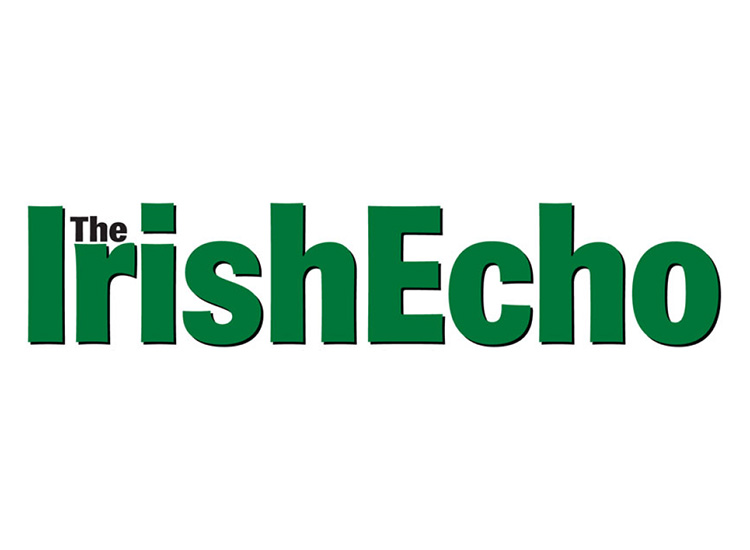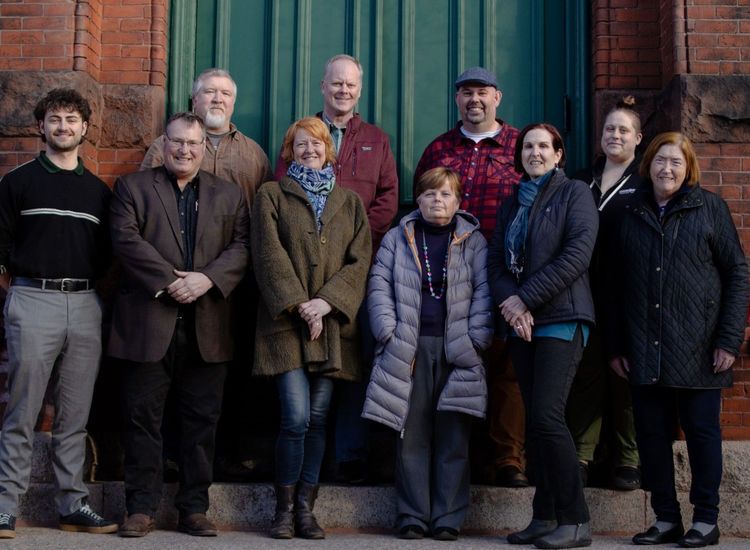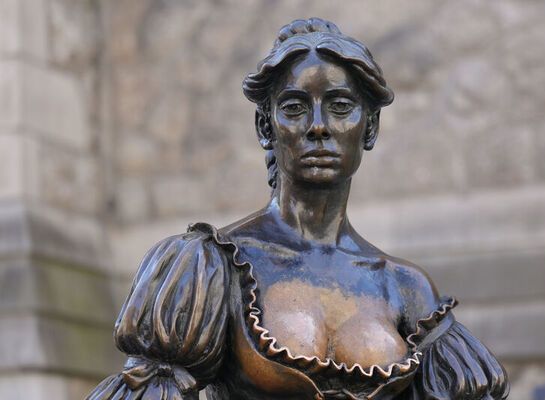Secretary of State Rex Tillerson with Tánaiste Simon Coveney in Washington last week.
By Ray O’Hanlon
U.S. Secretary of State Rex Tillerson has changed his mind about a U.S. envoy to Northern Ireland, this after appeals from members of Congress, the Ancient Order of Hibernians, and visiting Irish foreign minister Simon Coveney.
Tillerson and Coveney met in the nation’s capital last week on the final day of Coveney’s three day visit to the U.S.
“Following the meeting, the Tánaiste expressed appreciation for the important role played by successive US administrations in supporting the peace process in Northern Ireland. The prospect of a future Northern Ireland envoy was also discussed,” said a release from Ireland’s Department of Foreign Affairs.
“Our contribution to the peace process has been described as indispensable on both sides of the Atlantic. And with efforts to restore devolution at an impasse, we believe a U.S. Special Envoy could make an important contribution to those negotiations, just as Senator George Mitchell did two decades ago,” a statement from the bipartisan Friends of Ireland group on Capitol Hill said in part.
The statement was issued Thursday, the day before the Tillerson/Coveney meeting.
That same day, Jim Clerkin, chairman of Co-operation Ireland USA, made a plea for the return of a special envoy at a conference on the 20th anniversary of the Good Friday Agreement in New York during which Mr. Coveney was keynote speaker.
Prior to his meeting with Secretary Tillerson, Minister Coveney had clearly indicated his government’s desire to see a return to active U.S. participation in the currently stalled North political talks.
“We made it very clear that we would like to see a special envoy to Northern Ireland again. I think it would be helpful. We would also like to see an Irish ambassador named. Obviously the St Patrick’s Day celebrations and events would be a great opportunity to bring some clarity there,” Coveney told reporters.
The Irish Times reported that while responding to questions from reporters ahead of his meeting with the Tánaiste, Mr. Tillerson said: “We’re giving some names to the White House as we currently speak.”
No name has been singled out as yet, but an envoy could be announced during Taoiseach Leo Varadkar’s visit to Washington on March 15.
Mr. Tillerson, as part of his cutting of the State Department budget, indicated last year that the post of envoy would be “retired.”
However, President Trump appeared to retreat from his cabinet member’s pledge in a meeting last fall with Congressman Richard Neal, co-chair of the congressional Friends of Ireland.
Prior to meeting Tiillerson, Coveney had met with President Trump’s son in law and advisor Jared Kushner. Those talks focused mainly on the Middle East.
Sinn Féin President Mary Lou McDonald welcomed the envoy announcement.
“The appointment of an envoy reflects the positive role that America has played in the peace process,” she said.
“I would like to thank the bipartisan Friends of Ireland Caucus and the Irish American organizations for their successful efforts in this achievement.
“I look forward to discussing the current situation with political and civic leaders when I visit America for the St Patrick’s Day celebrations,” McDonald said.
The last U.S. envoy was former U.S. senator Gary Hart who acted as then Secretary of State John Kerry’s observer in the North.
Senator Hart had the luxury of observing a devolved government at Stormont performing its functions.
An envoy representing Secretary Tillerson, or indeed President Trump in any direct way, would be facing a different situation to that faced by Hart but one that has faced U.S. envoys in former years: devolved government in Belfast at a standstill, and a seemingly unbridgeable gulf between the main parties.








